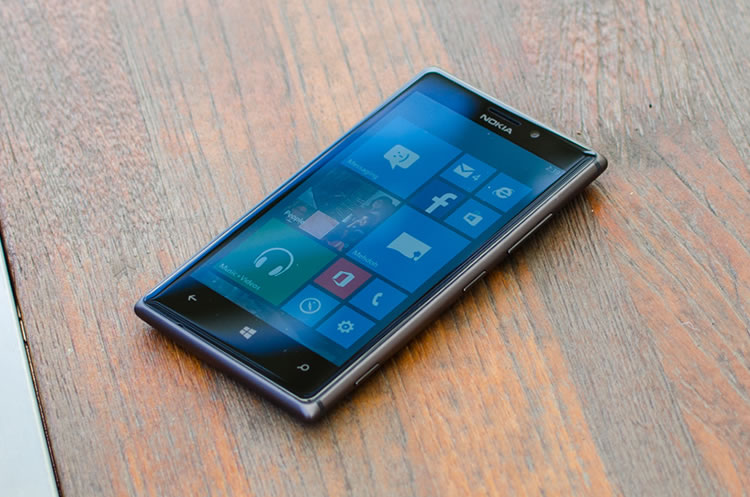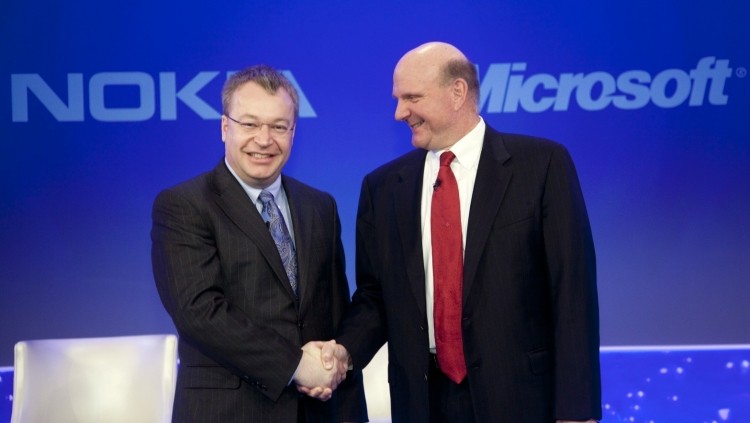Huge news is coming from Redmond today, with Microsoft announcing that they've purchased Nokia's Devices and Services unit for 5.4 billion Euros. Of that sum, 3.79 billion Euros (~US$4.99 billion) will be spent on the business, while a further 1.65 billion Euros (~US$2.18 billion) will snag the company's patent portfolio.
The acquisition of the Devices and Services unit brings across the entire mobile phone business, including their Lumia (Windows Phone) and Asha (feature-phone) ranges, as well as assembly facilities, design teams and sales personnel.
Around 32,000 employees will transfer from Nokia to Microsoft thanks to the purchase, including 4,700 people in Finland, and 18,300 people directly involved with manufacturing. Nokia CEO Stephen Elop has stepped down from his position, and will return to Microsoft once the deal completes in Q1 2014. Risto Siilasmaa will assume an interim CEO position at what remains of Nokia.
Without the devices unit, Nokia will focus on delivering three core technologies: their HERE location-based services (which Microsoft has licensed for four years), Advanced Technologies (a licensing and development arm), and network infrastructure (NSN). However, with the Lumia business now belonging to Microsoft, Nokia will become a much smaller company.

In an email by Steve Ballmer to Microsoft employees, the exiting CEO stated that Microsoft is "very excited about the proposal to bring the best mobile device efforts of Microsoft and Nokia together". He highlights the "incredible work" the team has achieved, producing devices such as the 41-megapixel Lumia 1020, stating that "now is the time to build on this momentum and accelerate our share and profits in phones."
Microsoft's acquisition of Nokia's Devices and Services unit for 5.4 billion Euros is considerably less than the $8.5 billion the company paid for Skype in 2011. This deal, however, could be pivotal in setting up the future of Windows Phone, with a close marriage of hardware and software potentially setting up the company do to serious battle with iOS and Android.
